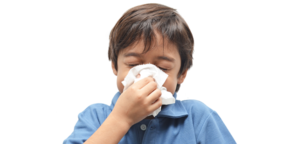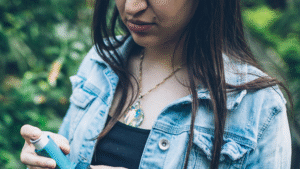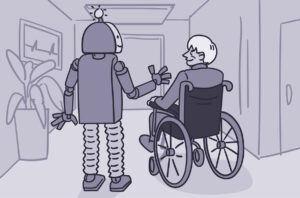Stimulants
- Highly addictive
- Increase cardiac activity
- Excite CNS by increasing neurotransmitters
- Norepinephrine
- Serotonin
- Dopamine
- Toxicity
- Sympathetic overdrive
- Can be fatal
- No antidote
- Emergency management is based on clinical manifestations
- Supportive care for agitation and cardiovascular symptoms
- Sympathetic overdrive
- Withdrawal
- Not an emergency
- Supportive care
- Quiet environment
- Sleeping and eating at will
- Suicide precautions if indicated
|
Assessment findings |
Interventions |
|
Cardiovascular |
|
|
|
|
Central Nervous System |
|
|




